The Water Services Corporation (WSC) has recently announced that it will construct a Seawater Reverse Osmosis Plant at Ħondoq ir-Rummien in Gozo. To the casual observer, having a reverse osmosis plant on the island might seem like a necessary and commendable way of ensuring an adequate and independent water supply. However, Gozo has been meeting its water demands efficiently through a groundwater polishing plant since 2005, importing just 20% of its water from the Ċirkewwa reverse osmosis plant, a facility that is not being used to capacity. So a pertinent question arises: why is a reverse osmosis plant being considered?
Glider South: Exploring the sea south of Malta
To map pristine areas in the Mediterranean, CAMPE is going where no glider has gone before. Prof. Aldo Drago writes.
Once upon a time we had sharks
Human beings may be adversely affecting biodiversity, but can we be a help as well as a hindrance? Greg Nowell writes.
Marine life once thrived in the waters surrounding the Maltese islands, sharks included. But that is no longer the reality we see today. So, what happened? Where have all the fish gone? How can we bring them back?
Stuck in the middle with the fumes
Since the 1960s heavy fuel oil (HFO) has reigned supreme as the king of maritime fuels. It was efficient and cheap; its use spread far and wide. International shipping boomed on its success. Even today, this industry handles 90% of the world’s trade volume. For many, HFO is the lifeblood of the maritime shipping industry. But it has a dark side…
Placing Maltese artists under the world’s spotlight
La Biennale di Venezia is the world’s biggest art event. Every two years, Venice erupts in a glorious art extravaganza as artists from all over the world descend on the city in celebration. This year marks the 57th edition of the International Art Exhibition. It also marks Malta’s return to the event. Emma Pettit tells us more.
Making Tourism Work
Tourism has long been an integral part of the Maltese economy. But a big dose of change is sorely needed if we’re to keep the money coming in without selling our souls in the process. Julian Christopher Zarb explains why.
Where Humanities, Medicine, and Sciences meet
Not many Ph.D.s lead to a new programme of studies, but cardiac paediatrician Prof. Victor Grech’s did. His study on Infertility in Science Fiction inspired him and his supervisors, Prof. Ivan Callus and Prof. Clare Vassallo, (University of Malta) to start the HUMS programme: a space for researchers in the humanities, medicine, and sciences to meet and discuss the bridges between these areas.Continue reading
Setting the stage
By The Valletta 2018 Foundation in collaboration with Arts Council Malta
Ask any practitioner of the performing arts in Malta what their biggest cross to bear is, and a veritable list comes pouring out like burning lava. However, once you plough through the expected maladies that plague every small art scene—limited audiences, limited sources of funding available, unctuous reviews—in Malta, you’ll always arrive at this: a lack of viable spaces for productions and rehearsals.Continue reading
Owning what we do
By RIDT
Thomas Huxley wrote, ‘The medieval university looked backwards; it professed to be a storehouse of old knowledge. The modern university looks forward, and is a factory of new knowledge.’ Continue reading
3D-Printed knee implants for longer lifetime
 By Robert Zammit
By Robert Zammit
One of the most common causes of total knee replacements is osteoarthritis, a disease which affects around 40% of Maltese senior citizens. The rise in age expectancy and obesity, compounded by injuries to patients, will see these numbers grow. All of this is expected to increase total knee replacement surgeries by 362% by the year 2030. The need for knee implants to have a longer lifetime is real.Continue reading


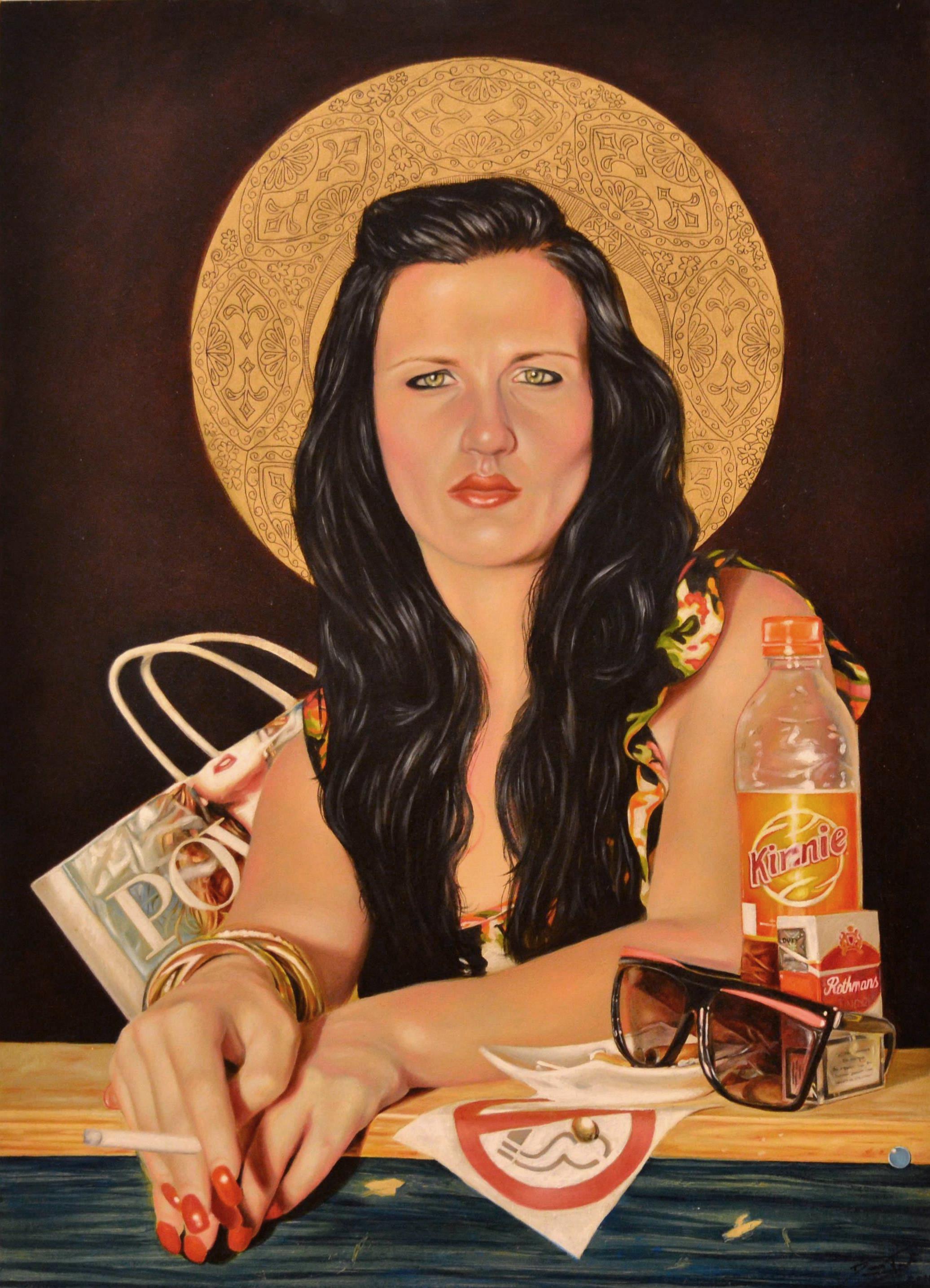
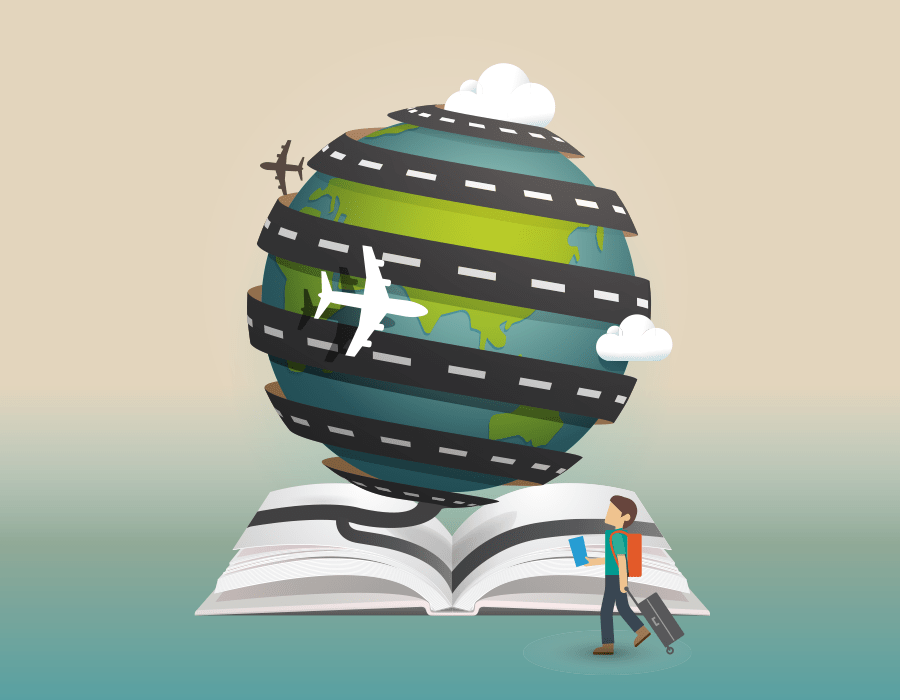
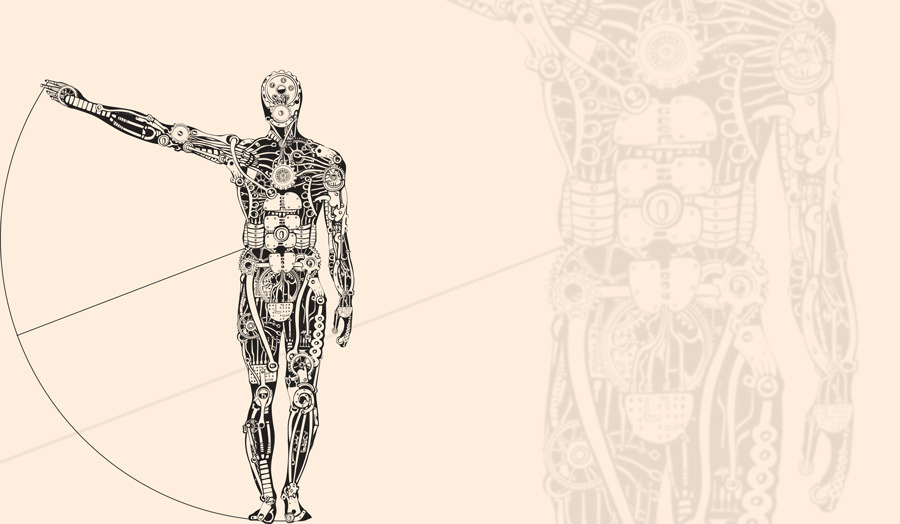
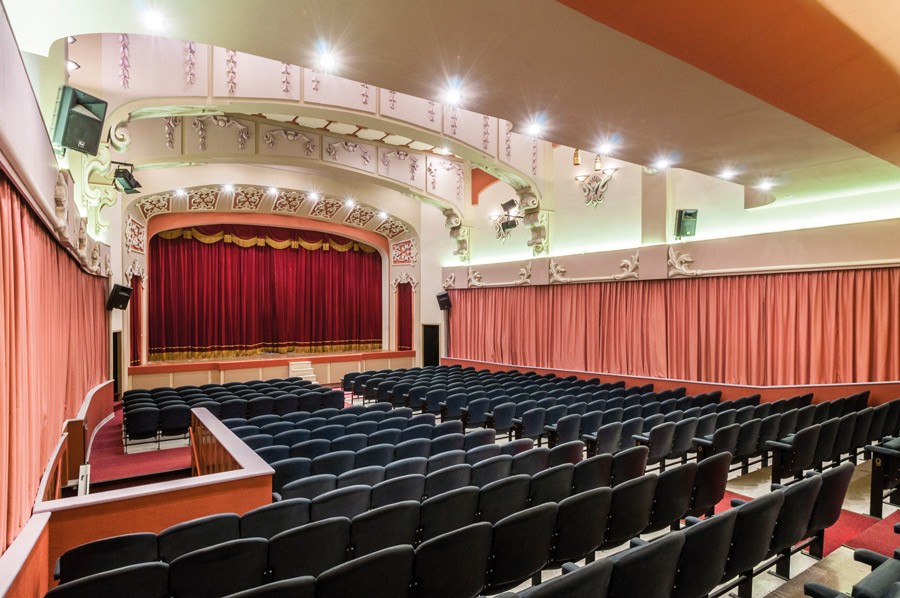

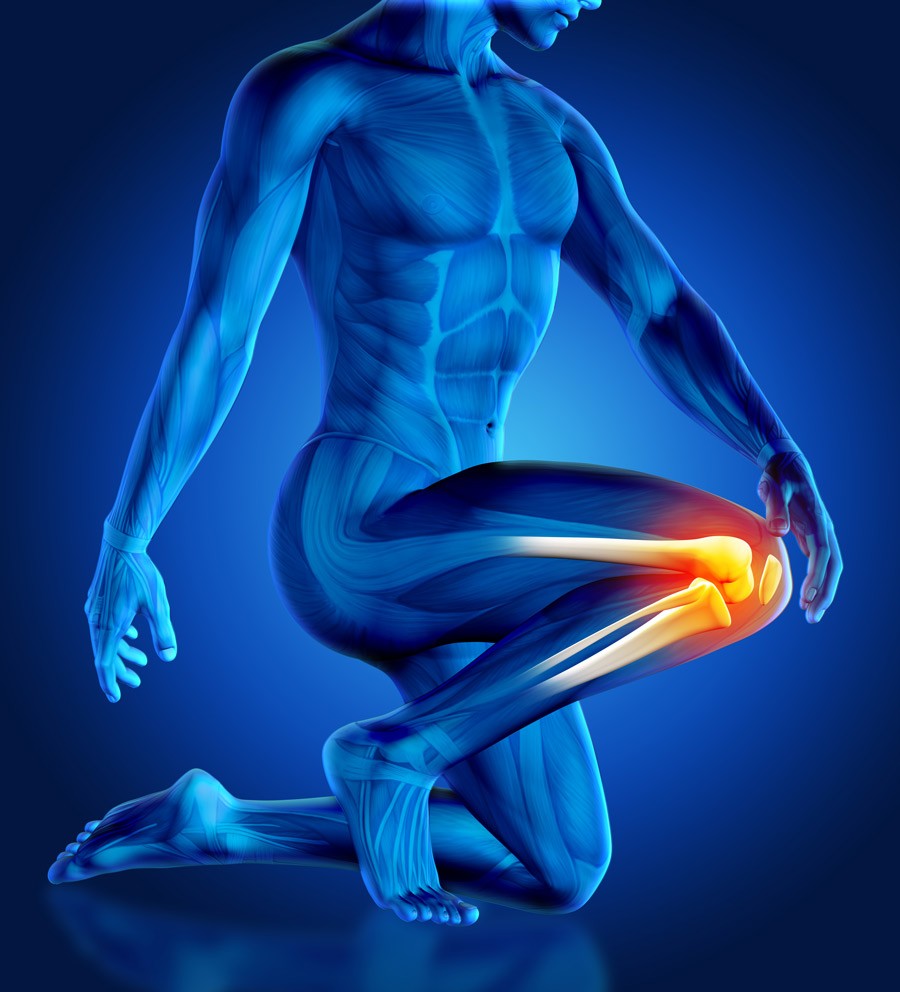
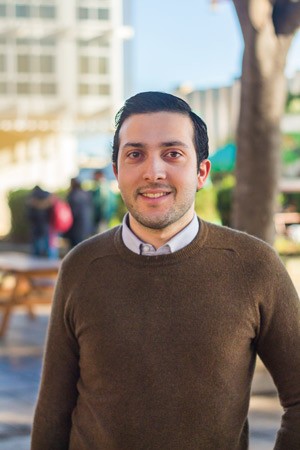 By Robert Zammit
By Robert Zammit